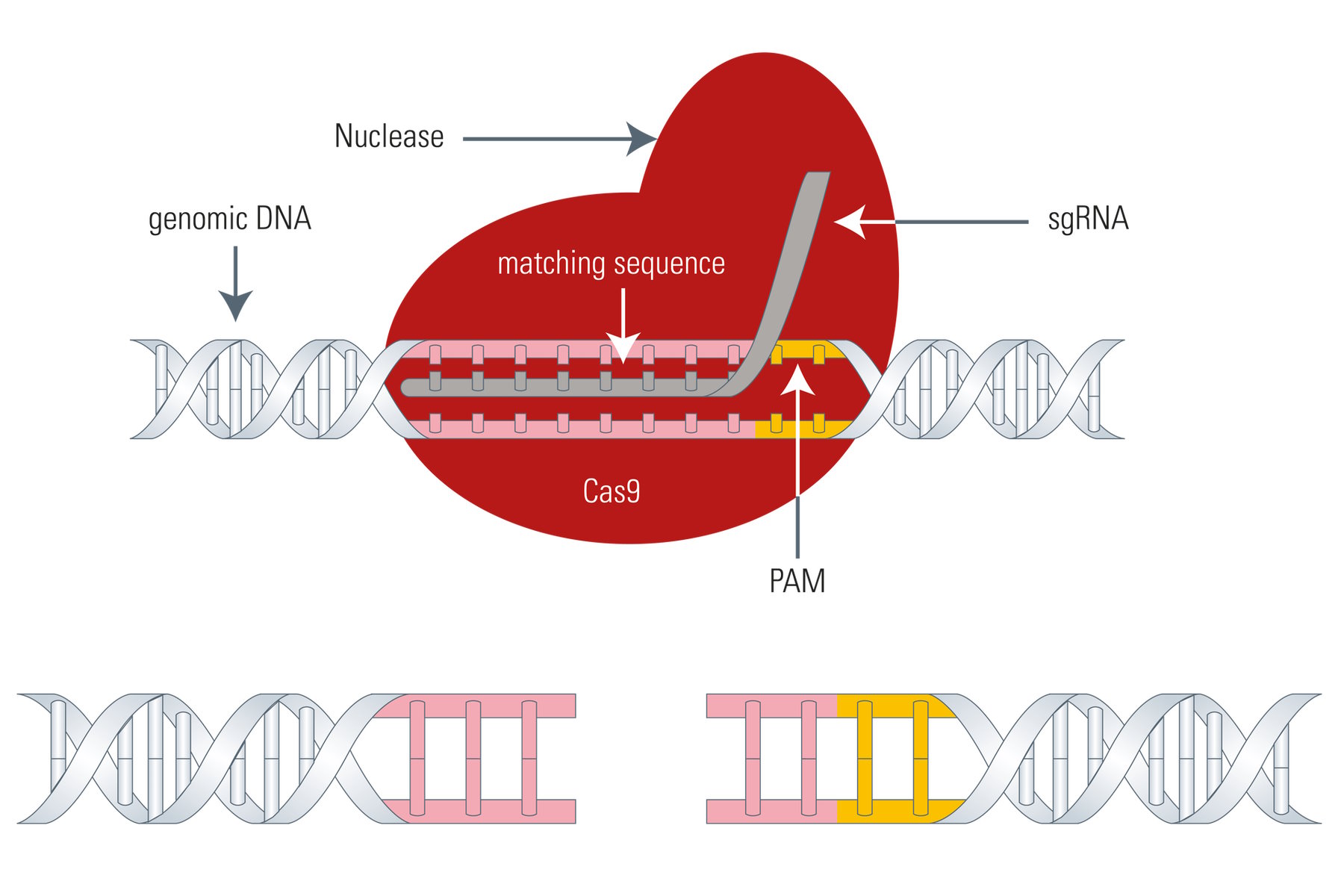What if a heart attack and years of statin medication could be prevented through a single, two-hour infusion?
Kiran Musunuru, a cardiologist at the University of Pennsylvania and a prominent figure in gene-editing research, believes it is feasible.
Musunuru cofounded Verve Therapeutics, a company working on a treatment that employs gene editing to effectively silence one of the liver genes responsible for producing LDL, or bad cholesterol.
Eli LillyIn June, it was announced that plans were set to acquire Boston-based Verve for as much as $1.3 billion.
The agreement indicates that one of the top pharmaceutical corporations, recognized for its successful diabetes and weight-loss medications Mounjaro and Zepbound, recognizes potential in genetic treatments such as Verve’s.
Musunuru is not currently working at Verve, the company he co-founded in 2018, but he acts as a scientific consultant and holds an ownership interest in the business. At Penn, he continues to be heavily involved in developing the science behind Verve’s treatment.
The method employs CRISPR, a gene-editing tool that enables researchers to modify DNA. It gets its name from a segment of genetic material known as “Clustered Regularly Interspaced Short Palindromic Repeats.”
CRISPR functions as a biological find-and-replace mechanism, capable of being set to locate a particular anomaly in a DNA strand, then remove it or substitute the wrong nucleotide.
Musunuru and his team from Children’s Hospital of Philadelphia recently shared the results of a significant case where they created a personalized CRISPR therapy for an infant, namedBaby KJ, who was born with a unique metabolic condition that made it difficult for him to digest protein.
CHOP and Penn addressed an infant suffering from a rare condition through genetic modification.
The team from Penn and CHOP developed KJ’s CRISPR therapy to locate and fix a genetic error in a liver enzyme.
Their achievement drew global interest due to its ability to address uncommon conditions. However, Musunuru believes CRISPR’s capabilities extend far beyond that.
Cardiovascular disease has emerged as a major cause of mortality, and Musunuru believes it might be tackled through a two-hour CRISPR treatment.
Why are we waiting for someone to suffer a heart attack?” he asked. “What if you provide them with a single treatment and their cholesterol levels remain reduced permanently?
The Inquirer interviewed Musunuru regarding the future of CRISPR technology.
What are the potential applications of CRISPR in treating heart disease?
The treatment incorporates CRISPR elements into lipid nanoparticles—basically small soap-like structures—that are introduced into the bloodstream.
The nanoparticles also contain mRNA, a kind of genetic molecule that functions as a GPS to direct the CRISPR elements to their specific target, a liver gene responsible for generating what is known as harmful LDL cholesterol.
“We assign it a 20-letter address, the location within a cholesterol gene,” Musunuru stated.
The nanoparticles are naturally taken in by the liver, utilizing the liver’s role as a blood filter.
Once in the liver, the CRISPR elements are released and start looking for the specific cholesterol gene, then turn it off.
In an initial clinical trial, a young adult in his 20s suffering from significant high cholesterol experienced a 60% reduction in harmful cholesterol levels, which stayed low over a two-year period.
What are the advantages of a single-session therapy for elevated cholesterol levels?
Statins are commonly prescribed to manage cholesterol levels and lower the chances of developing heart disease. However, studies have shown that individuals who start taking these medications following a heart attack frequently fail to continue using them as required, since they need to be taken every day.
Furthermore, the therapy might eventually be administered to individuals who are identified as being at significant risk for heart disease, possibly preventing a heart attack.
A two-hour treatment that removes the necessity for daily medicine might be particularly helpful in developing countries with limited access to healthcare or those relying on external sources for medications, as these supplies can often be inconsistent.
What’s next for Verve?
Eli Lillyrevealed intentions in June to purchase Verve for as much as $1.3 billion.
Musunuru expressed his hope that the pharmaceutical company’s assistance will speed up the progress of Verve’s cholesterol medication.
The medication is still several years from possibly being accessible. It requires additional clinical trials to demonstrate its safety and effectiveness, and must go through a strict regulatory approval procedure.
What other applications could CRISPR have?
Thus far, scientists have achieved the greatest success with CRISPR in addressing blood-related conditions (such as sickle cell anemia) or liver-linked diseases. These are straightforward targets for CRISPR technology because the treatments are introduced into the bloodstream and are efficiently processed by the liver.
The initial CRISPR treatment approved by the Food and Drug Administration for sickle cell disease functions by silencing a gene responsible for deforming red blood cells.
Breast and ovarian cancers linked toBRCA gene mutationscould possibly be the next one to consider.
Scientists have discovered that ovarian cancer usually starts in the fallopian tubes, which are easier to reach since they are nearer to the body’s exterior. Similarly, breast cancer often originates in the milk ducts of the breast, which are also close to the surface of the body.
Researchers are investigating if a CRISPR-based treatment administered directly into the fallopian tubes or breast ducts might be able to disable the faulty gene prior to its development into cancer.
Individuals who carry BRCA gene mutations face an elevated likelihood of developing cancer, leading many to choose preventive removal of their breasts or ovaries. The ability to “silence” the gene responsible for causing cancer could significantly lower their risk and eliminate the necessity for these extreme preventive actions.
©2025 The Philadelphia Inquirer. Go to inquirer.com. Distributed by Tribune Content Agency, LLC.







